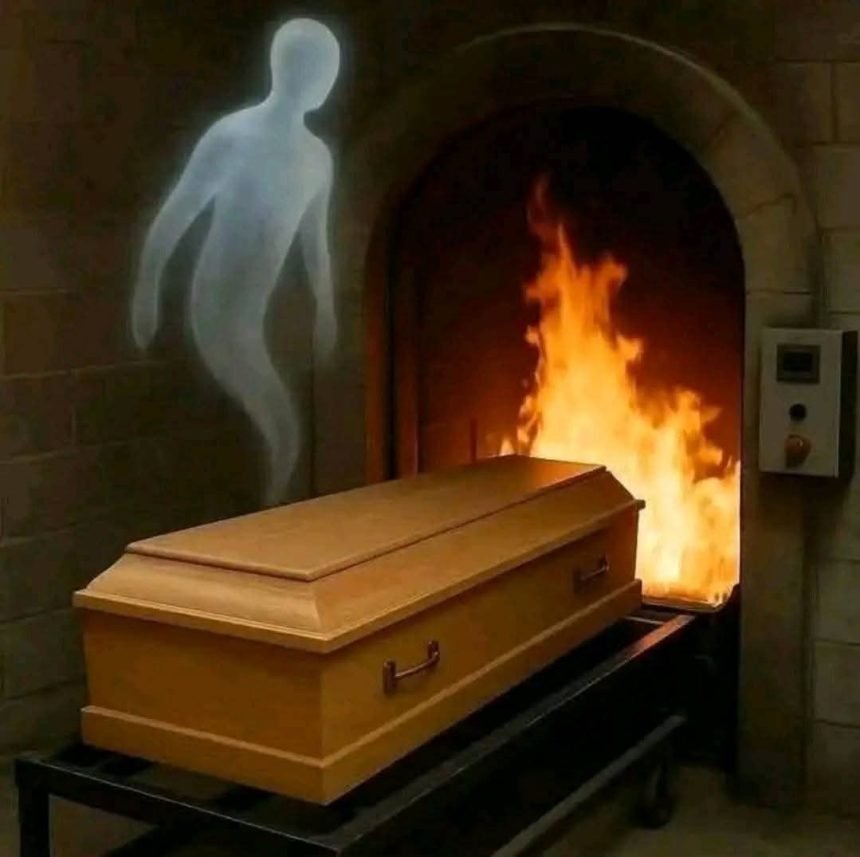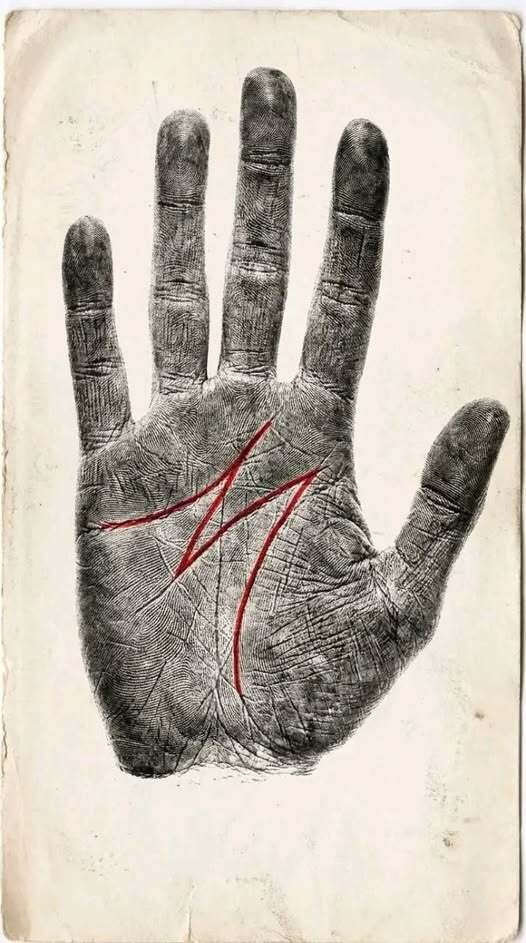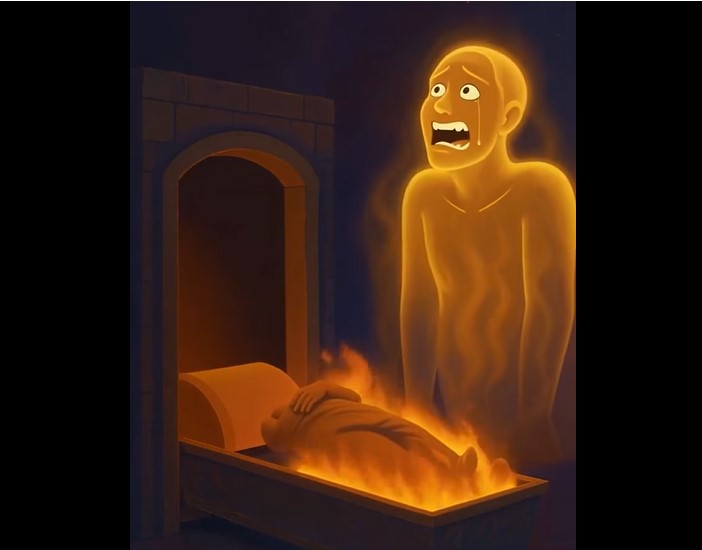THE SIN OF CREMATION according to the Bible says that…see more
In recent years, cremation has become an increasingly popular choice for handling the remains of the deceased, especially in the Western world. But for many Christians, the question still lingers: Is cremation a sin according to the Bible?
**What Scripture Says**
While the Bible does not directly forbid cremation, many theologians point to scriptural principles that have sparked debate for centuries. According to Genesis 3:19, “For dust you are and to dust you shall return”—traditional burial has long been seen as a symbol of the hope of resurrection.
Throughout the Old and New Testaments, burial—not burning—was the common practice for the faithful. From Abraham burying Sarah (Genesis 23) to the burial of Jesus himself, scripture often reflects respect for the body in death.
**Arguments on Both Sides**
Some Christians argue that cremation dishonors the body, which is described in 1 Corinthians 6:19 as the “temple of the Holy Spirit.” They believe the body should be laid to rest intact, as a sign of faith in the physical resurrection promised in 1 Thessalonians 4:16.
Others, however, maintain that God’s power to resurrect is not limited by how a body decomposes—whether naturally in a grave or through fire. After all, martyrs have perished in flames, oceans, and disasters, yet their faith remains intact.
**A Matter of the Heart**
Many pastors warn believers to examine their motives. “If someone chooses cremation for selfish or pagan reasons, that’s where the spiritual danger lies,” said Pastor John Elliott of Faith Assembly Church. “It’s less about the method and more about the heart.”
**The Bottom Line**
So is cremation a sin? The Bible doesn’t give a black-and-white answer, but it does invite deep reflection. For many Christians, it comes down to personal conviction, respect for the body, and trust in the power of resurrection.
As modern culture evolves, so does the discussion around death, dignity, and doctrine. Whether buried or cremated, the eternal question remains: what lies beyond this life?






Post Comment